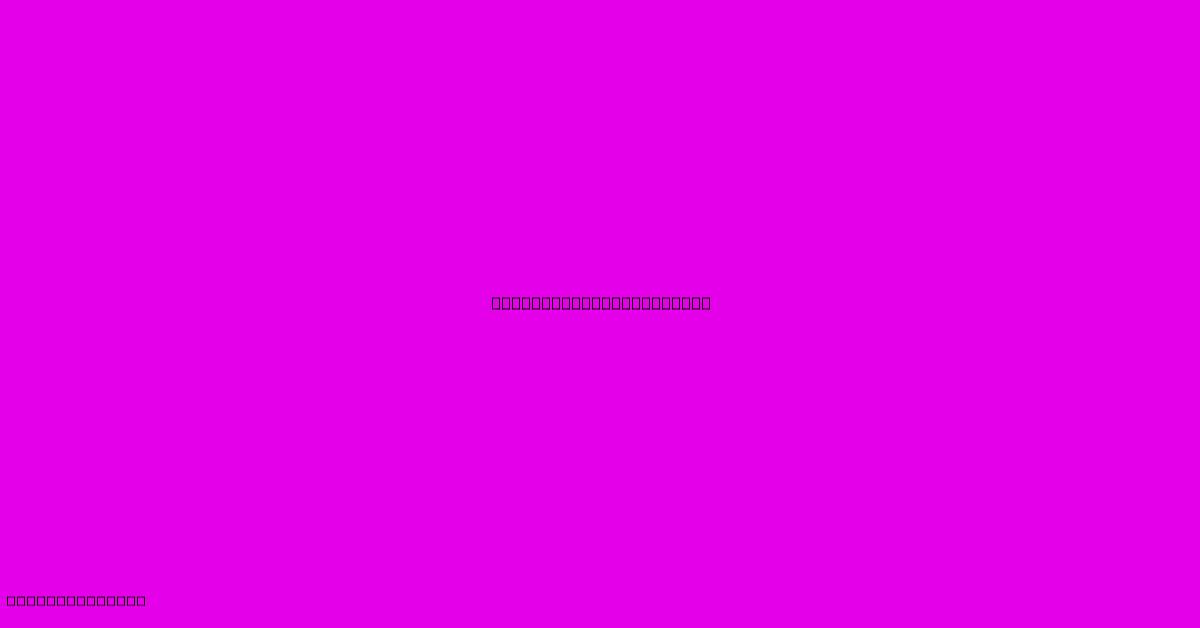Cartoons On Technology

Discover more detailed and exciting information on our website. Click the link below to start your adventure: Visit Best Website mr.cleine.com. Don't miss out!
Table of Contents
Cartoons: A Hilarious Reflection of Our Technological World
Cartoons have always been a powerful medium for social commentary, and the rapid advancements in technology provide fertile ground for comedic exploration. From the anxieties of a perpetually low battery to the absurdities of social media, cartoonists capture the human experience in the digital age with wit and precision. This article delves into how cartoons reflect our complex relationship with technology, highlighting both its benefits and its pitfalls.
The Absurdity of Everyday Tech:
Many cartoons cleverly exploit the inherent absurdity of our reliance on technology. Think of the countless depictions of people glued to their smartphones, oblivious to the world around them. This common trope isn't simply observational; it's a commentary on our increasingly fragmented attention spans and the potential for technology to isolate us even when we're supposedly connected.
- Examples: Cartoons often depict characters frantically searching for their chargers, battling unresponsive software, or enduring the frustrations of endless buffering. These relatable experiences translate into comedic gold, allowing audiences to laugh at shared frustrations. The exaggeration inherent in cartooning amplifies these everyday annoyances, making them all the more humorous.
Satirizing the Digital Divide:
The disparity in technological access and understanding is another ripe area for cartoon satire. Cartoons can effectively visualize the struggles of older generations navigating the digital landscape or highlight the disparities between those with access to cutting-edge technology and those without.
- Examples: A cartoon might portray a bewildered grandparent trying to decipher a complex smartphone interface or showcase the frustration of someone in a remote area struggling with unreliable internet access. These scenarios, often rendered with comedic exaggeration, underscore the serious issue of the digital divide in an accessible and engaging way.
Social Media and its Paradoxes:
Social media, a ubiquitous aspect of modern life, is a particularly fertile source of cartoon inspiration. The inherent contradictions of online interaction, such as the pursuit of likes and validation, are frequently highlighted through satirical depictions.
- Examples: Cartoons often depict characters obsessively checking their social media feeds, only to experience feelings of inadequacy or loneliness. The curated perfection often presented online is contrasted with the reality of messy, imperfect human lives. This satirical approach allows for insightful commentary on the pressures and pitfalls of social media culture.
Technology's Positive Impacts:
While many cartoons focus on the negative aspects of technology, some also highlight its positive impact. The convenience, connectivity, and opportunities offered by technology are celebrated through lighthearted portrayals.
- Examples: Cartoons might showcase the ease and speed of online shopping, the joy of connecting with loved ones across geographical distances through video calls, or the innovative solutions technology provides to complex problems. These positive depictions provide a balanced perspective and remind us of the benefits technology brings to our lives.
The Future of Cartoons and Technology:
As technology continues to evolve, so too will its depiction in cartoons. Artificial intelligence, virtual reality, and other advancements offer exciting new avenues for comedic exploration. We can expect to see cartoons grappling with the ethical implications of these technologies, poking fun at their eccentricities, and ultimately reflecting our ongoing adaptation to a rapidly changing world.
In conclusion, cartoons serve as a valuable mirror to society, reflecting our relationship with technology through humor, satire, and insightful commentary. By exaggerating the everyday struggles and absurdities of our technological world, cartoons provide a powerful and engaging way to explore the complex and multifaceted impact of technology on our lives. They encourage us to laugh at ourselves and to consider our place in this ever-evolving digital landscape.

Thank you for visiting our website wich cover about Cartoons On Technology. We hope the information provided has been useful to you. Feel free to contact us if you have any questions or need further assistance. See you next time and dont miss to bookmark.
Featured Posts
-
Director Of Instructional Technology Salary
Jan 05, 2025
-
Micron Technology Careers
Jan 05, 2025
-
Textile Technology Center
Jan 05, 2025
-
Accelerate Technologies
Jan 05, 2025
-
Opeff Technologies
Jan 05, 2025
